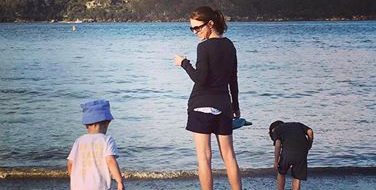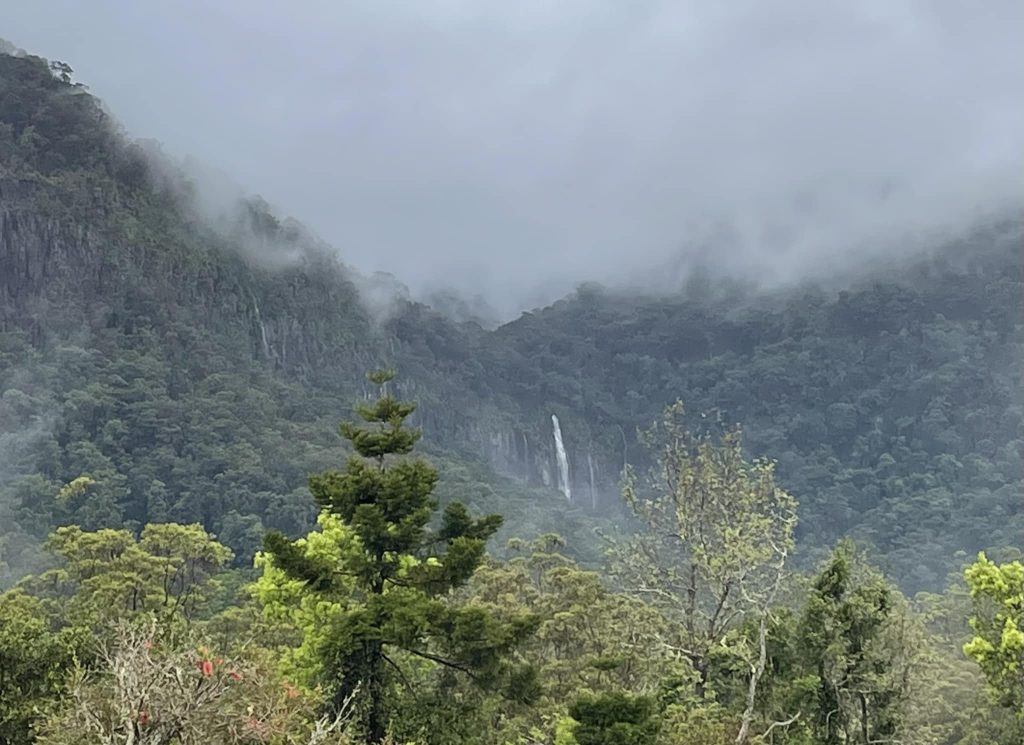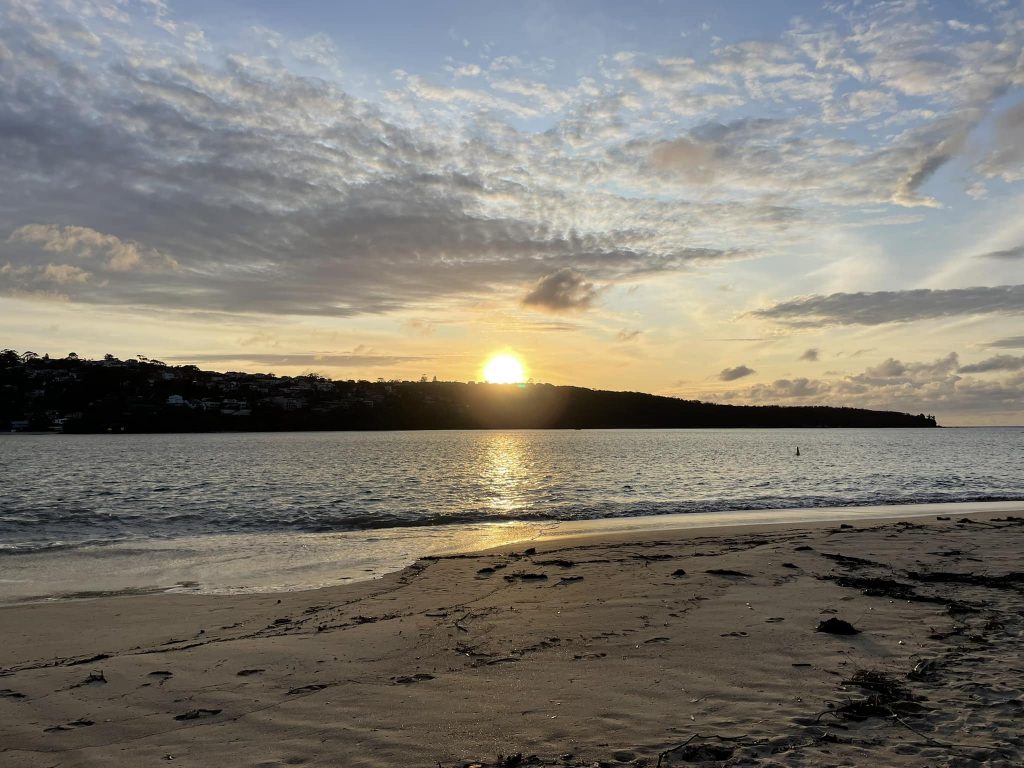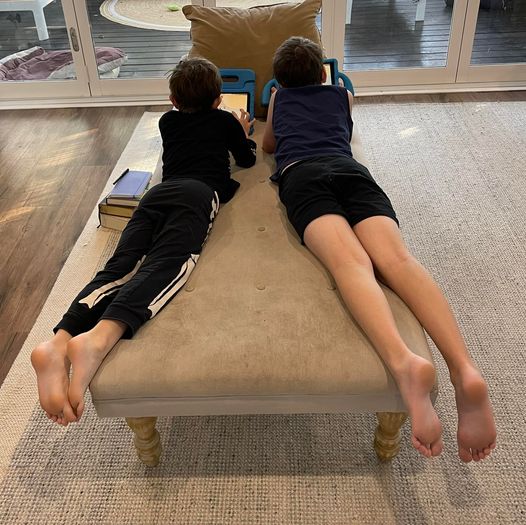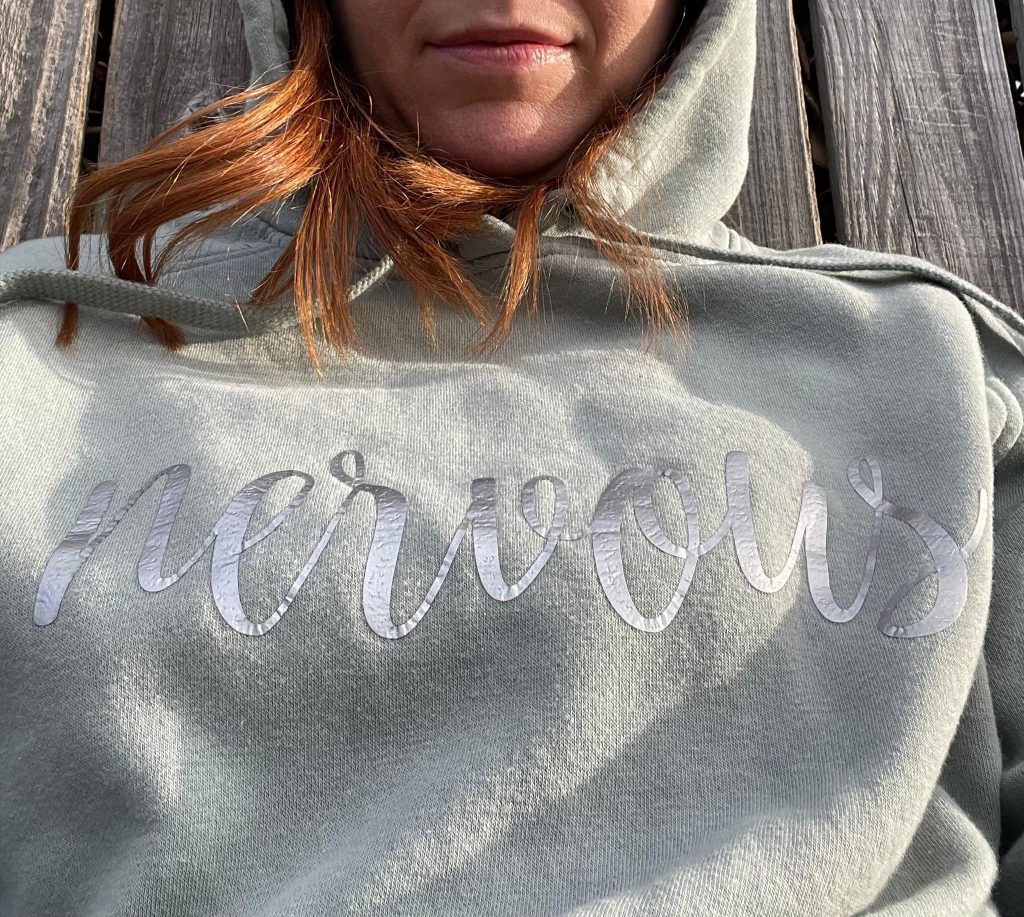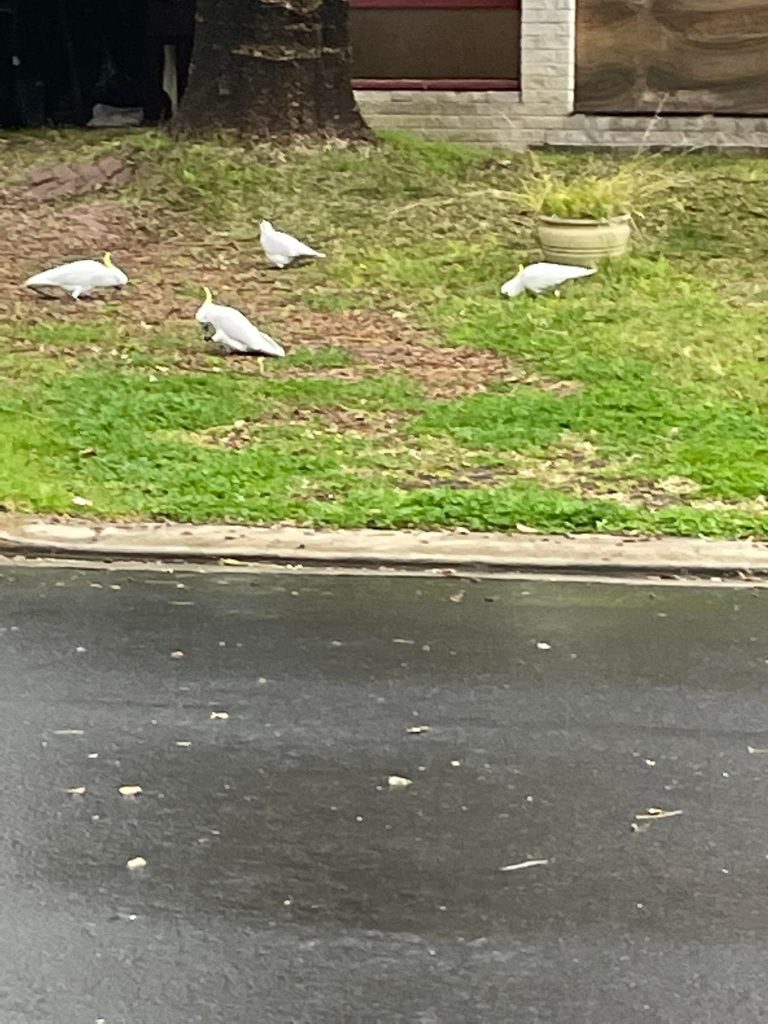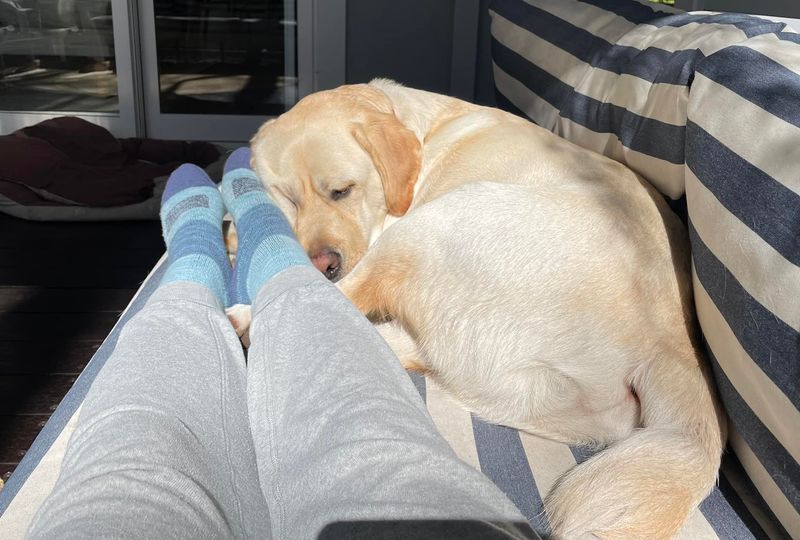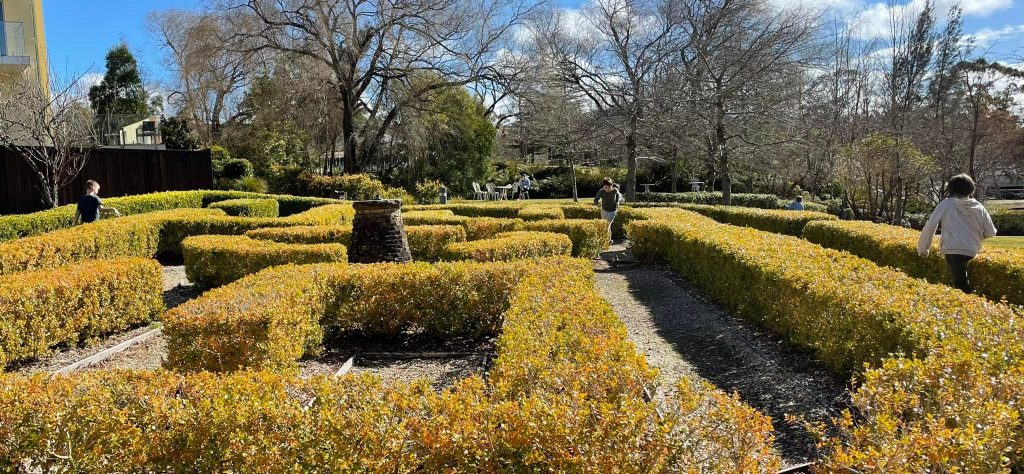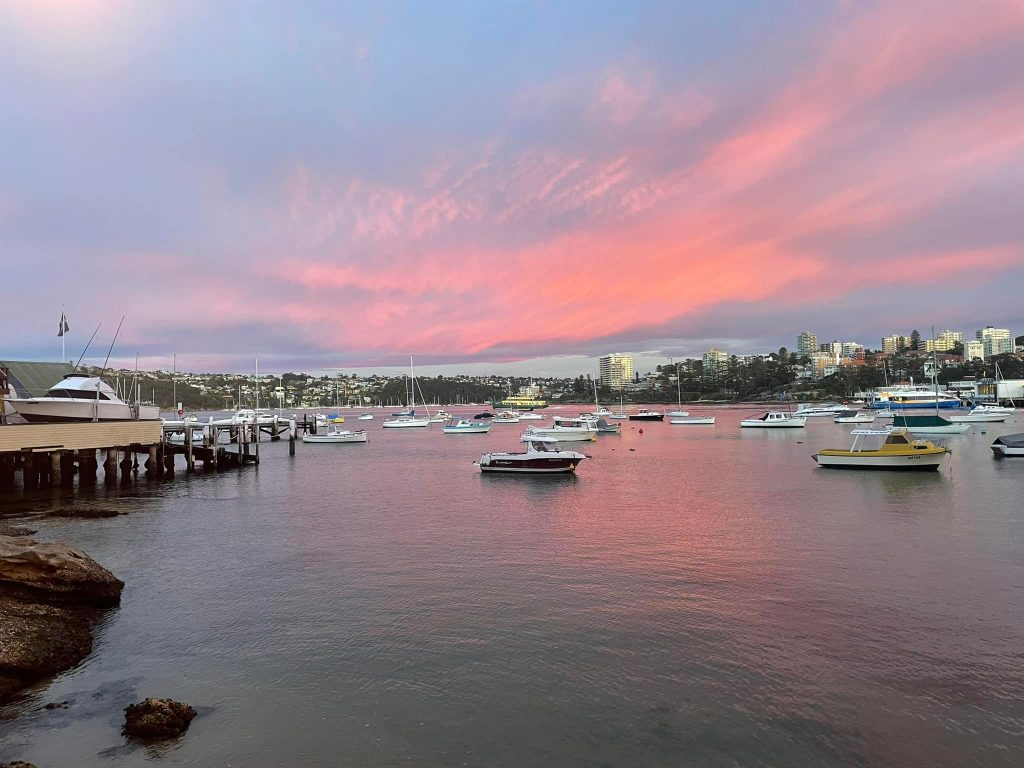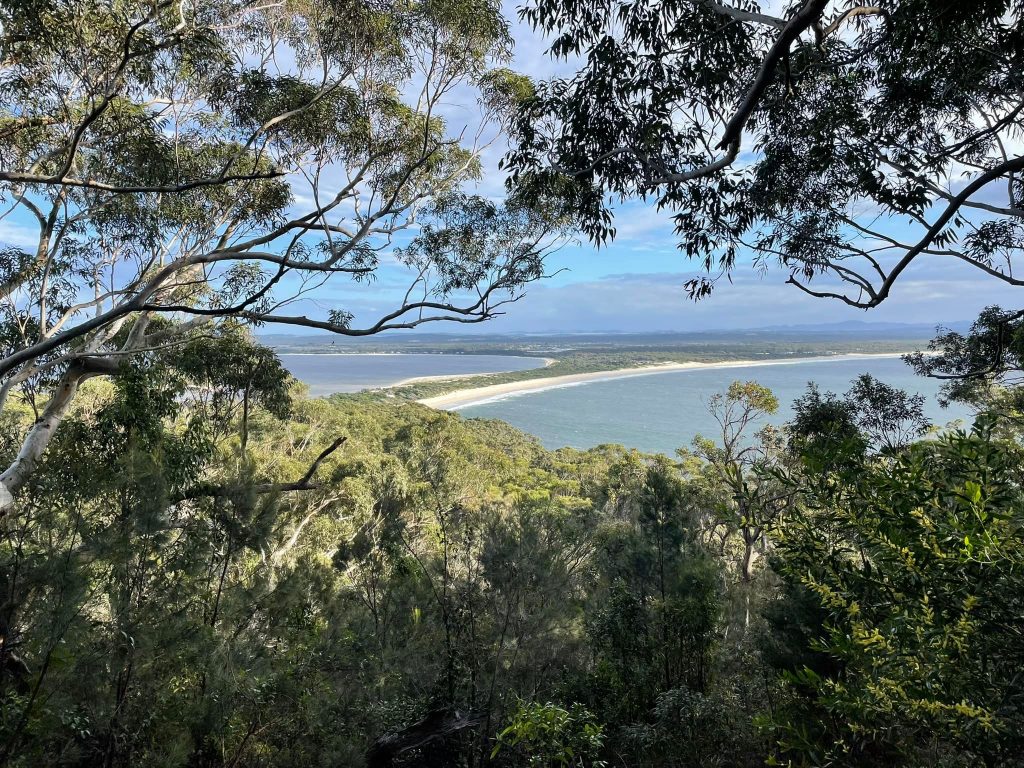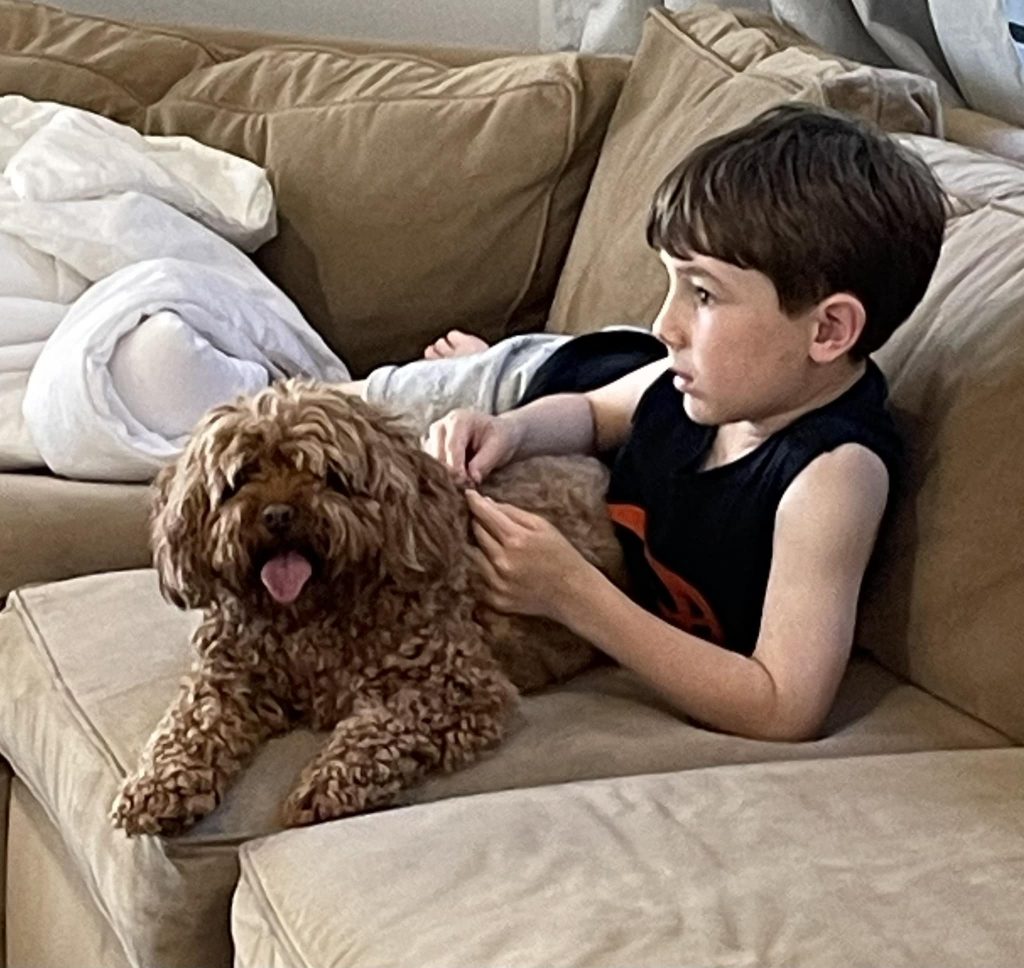
Who dares despise the day of small things…?
We are home. A round-trip nine-hour drive split twice over two days, countless stops at McDonald’s, a mountain of laundry, and a week of meaningful connection later, we are home. Just in time for school holidays! Which means that on the days the boys aren’t in basketball camp (which is all of the days, but for two), I’m frantically (my only style) searching to fill our time with something other than iPad screens and, in the process, usually spending too much money on things like mall toys, and some movie about superhero dogs. The terrestrial edging out the transcendent, as usual.
But also not? Because amidst the boys’ constant bickering and my perpetual tendency to turn parenting into an arm of the law rather than an avenue of grace, there comes the transcendent, the merciful, the everyday-glorious, again and again: there are the cards of encouragement that the siblings at autism camp wrote to each other, and I sneak a peek at Little Brother’s stack and am brought to tears by how well he was seen there, in a matter of just days. There’s the flood-like forecast that is replaced by a morning of sun and calm waters before the storm, and a swim that cements our return home. There are the moments of forgiveness after harsh words spoken by them and me. There’s the rainbow at the end of a run.
There’s the recounting, by LB, of how he overheard a kid at camp saying he wished he weren’t autistic, and LB marvelling at it to me–“but it’s cool to have a disability! It makes the world more interesting!”–followed by “what’s my disability?”
His is a rose-coloured-glasses view of disability to be sure, but not one I’d discount completely, defined as it is by his signature brand of acceptance. He’s currently more inclined to see the positive side of disability, which is an imbalance I can live with for the moment. There’s enough shame and misunderstanding around the word–disability–that if he wants to be its champion for now….well, fine by me. He’ll learn in time that so much of the challenges associated with disability, the reasons for the label itself, have to do with the world not being set up to accomodate those who think/learn/move/communicate differently.
He’ll learn a lot in time, but at this time–the last days of his being seven before his coming weekend birthday–he’s often the one doing the teaching. The “American Boy” from camp singing songs about a Psycho Penis from the backseat of the car (“Um…Will? I don’t mean to be rude, but I don’t think that will make it to radio”–The Kid); the one who so often faces his fears silently but will celebrate loudly afterward; the one who explained to a kid at camp who was nudged by a basketball thrown by TK that it was an accident (hello, his name means Protector and he is living into it).
Although TK isn’t so keen on spending an entire day celebrating LB (he’d rather have two birthdays himself, and I am comforted by others’ tales of this same phenomena appearing in their own children; keep ’em coming), celebrate we will, the transcendent amidst the terrestrial: differences making the world a bigger and more interesting place; returns home; sun through the rain making rainbows; and the caboose of our family, who somehow so often ends up being the one who leads us.
